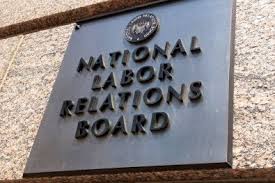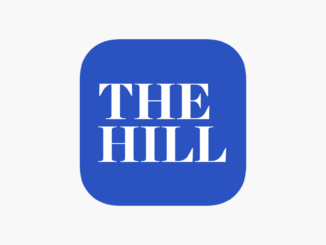
Reprinted from CBS News by Sarah Ewall-Wice on February 9, 2021.
House Democrats are including a $15 federal minimum wage in their coronavirus relief package, though questions remain over whether the increase can survive Senate consideration. The provision written into the House Education and Labor Committees’ portion of the bill Monday would increase the wage gradually from its current rate of $7.25 an hour to $15 in 2025.
This comes after the Congressional Budget Office released a report the same day that estimates that raising the minimum wage to $15 an hour over five years would lift 900,000 Americans out of poverty. The CBO found some 17 million people currently making below the minimum wage would be directly impacted while another ten million people whose wages are slightly above the minimum rate would also be affected.
At the same time, the CBO projected that raising the minimum wage to $15 per hour would result in 1.4 million fewer jobs. It also estimated the pay hike would increase the federal deficit by $54 billion over ten years, with higher spending on health care programs, unemployment, Social Security and more, while spending on programs such as food assistance would drop because more low-income families would no longer need to rely on them. …
As Progressives Secure $15 Wage in House COVID Bill, Congressional Representative Jayapal Says ‘Democrats Have to Fight’ to Make It Law
Reprinted from Common Dreams by Jake Johnson on February 9, 2021.
After the Congressional Progressive Caucus on Monday secured inclusion of $15 federal minimum wage legislation in the House version of the coronavirus relief package that lawmakers are ironing out in committees, Representative Pramila Jayapal of Washington implored her Democratic colleagues to do all they can to ensure the long-overdue pay raise for millions of workers remains in the final bill and becomes law.
“Democrats have to fight. We have to fight with everything we’ve got for these progressive, bold ideas that are gonna bring relief to people,” Jayapal, chair of the nearly 100-member CPC, said in an interview on MSNBC late Monday, referring to both the $15 minimum wage bill and the House measure’s proposed eligibility framework for $1,400 direct payments.
While Senate Democrats are currently discussing lowering the annual income cutoff for the relief checks, the House Democratic leadership unveiled legislation (pdf) Monday that would send full $1,400 payments to individuals earning up to $75,000 per year and married couples earning up to $150,000 per year, with the payments gradually phasing out thereafter—an eligibility structure similar to the one used for the previous two rounds of checks. …
CBO Analysis Confirms that a $15 Minimum Wage Raises Earnings of Low-Wage Workers and Reduces Inequality
Reprinted from The Economic Policy Institute by Josh Bivens, David Cooper, Heidi Shierholz, and Ben Zipperer on February 8, 2021.
“[Monday’s] analysis from the Congressional Budget Office (CBO) highlights a number of things that policymakers should keep in mind as they consider minimum wage legislation in the upcoming Congress,” write Josh Bivens, David Cooper, Heidi Shierholz, and Ben Zipperer for The Economic Policy Institute. “First, the benefits of passing a significant increase in the federal minimum wage—like the Raise the Wage Act of 2021—are enormous. [Monday’s] CBO analysis indicates that raising the federal minimum wage to $15 by 2025 would benefit 27 million workers and would lead to a 10-year increase in wages of $333 billion for the low-wage workforce—the same workforce that has borne the brunt of the COVID-19 economic shock and worked in essential jobs that have kept the economy going. In short, given which parts of the workforce have economically suffered the most from the pandemic, it seems more than appropriate to include a minimum wage increase in any relief and rescue package. Second, the federal minimum wage is a powerful policy instrument to redistribute income and bargaining power towards low-wage workers, and as a result it has very large gross fiscal effects on both federal revenue and federal spending.
“In our analysis released last week, we highlighted a number of large gross changes to both spending and revenue that were likely to result from the large increase in earnings for low-wage workers if the minimum wage was significantly increased. In particular, we estimated that by raising earnings of low-wage workers, a $15 minimum wage by 2025 would significantly reduce spending on Supplemental Nutrition Assistance Program and the Earned Income and Child Tax Credits. CBO’s analysis [on Monday] also estimates outlays would fall for these public assistance programs, as they predict the higher minimum wage would lift nearly 1 million people out of poverty. …






